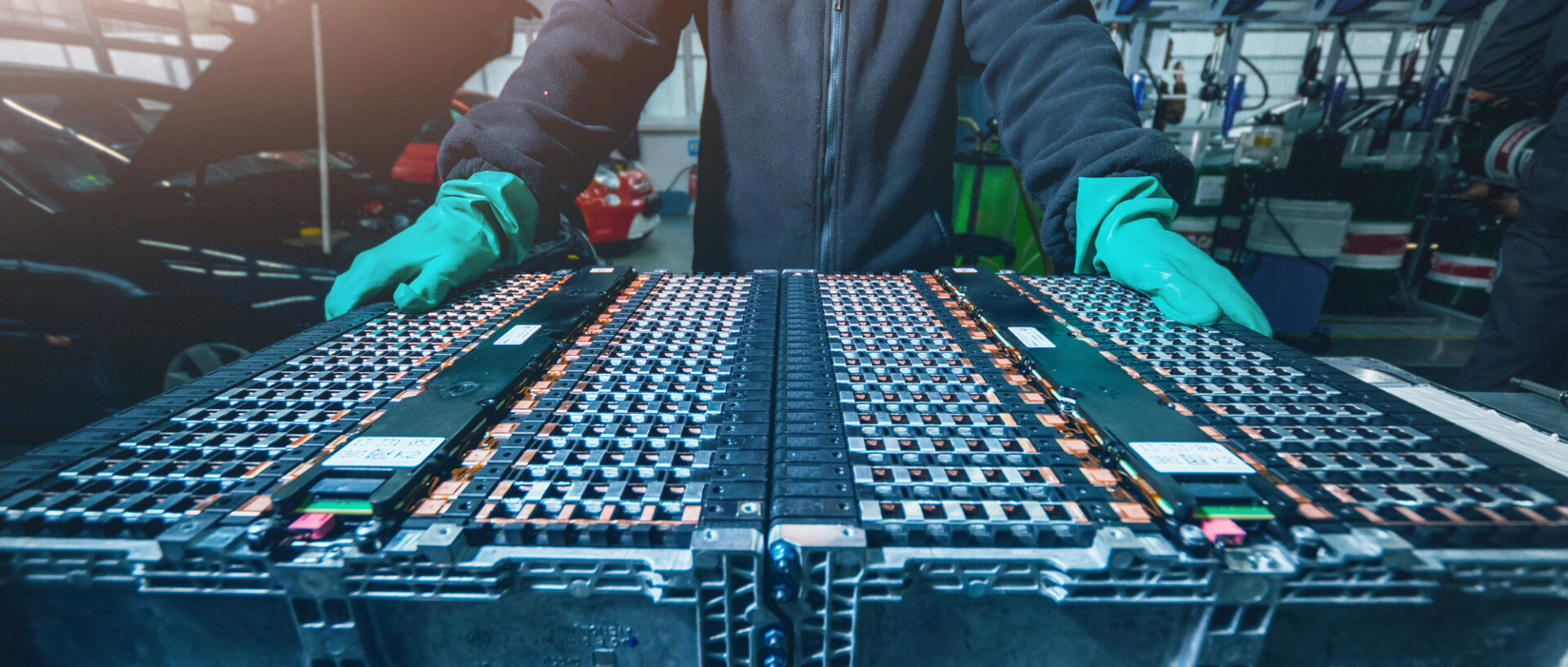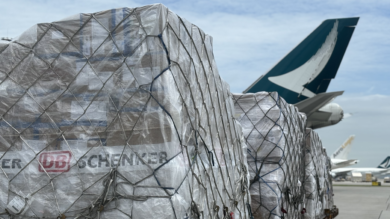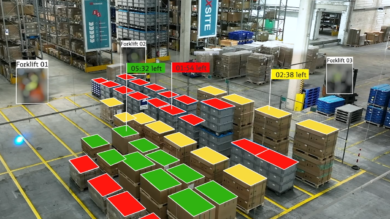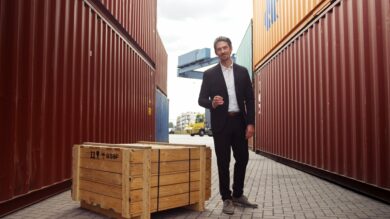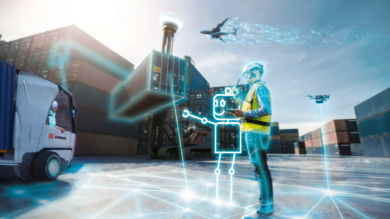Electromobility is surging through the automotive industry, fueling a skyrocketing demand for batteries in electric vehicles. But beyond powering these cars, batteries are now woven into the very fabric of their design, influencing performance, safety, and even cost. To ensure a seamless electric future, battery logistics must cover the entire life cycle. From the transport and storage of batteries from the manufacturers to the delivery of finished vehicles to customers and the provision of comprehensive aftermarket services, everything must be organized. And finally, this cycle must loop back, with efficient reverse logistics for used and damaged batteries.
Why is battery logistics important?
Battery logistics for cars requires high safety standards, efficiency, and flexibility to fulfil the requirements of the various stakeholders. It is also an important factor for the environmental compatibility and competitiveness of electromobility. DB SCHENKER is the leading logistics service provider that meets these challenges and can fulfil all transport and storage conditions for the transport of batteries, while offering a full-service portfolio – globally. Especially for air and ocean freight, the handling of batteries requires a deep knowledge and a sense for customer needs. This can only be guaranteed by a team of specialists in a connected global setup in order to find a tailor-made solution for each customer.
A successful business with challenging demands
Battery logistics faces various challenges that can vary depending on the battery type, size, quantity, and destination. Some of the most common challenges are:
- Batteries for electric cars are often large, heavy, and expensive, which has a direct impact on transport and storage costs. A typical battery pack for an electric car can weigh up to 800 kg and cost several thousand euros. These batteries must therefore be transported and stored using suitable vehicles and packaging that protect them from theft, damage, or weathering.
- Due to their potent energy, batteries are classified as dangerous goods. Consequently, they must adhere to strict regulations for transport across land, sea, and air. While global standards exist, these guidelines can differ by region or country, necessitating careful planning and meticulous documentation. These requirements might involve specialized packaging, insulated or temperature-controlled containers, and even sensors or charging systems.
- Handling dangerous goods demands a specialized skillset. Those entrusted with their transport need comprehensive training and certification. This training dives deep into the characteristics, risks, and safety measures specific to each type of dangerous good. Employees learn to react swiftly and effectively in case of accidents or breakdowns. To ensure ongoing safety, this traning must adhere to relevant laws and regulations, and regular refreshers are essential.
In-house experts for battery logistics at
DB SCHENKER
Our team of in-house specialists across all product lines, backed by our extensive global network, is dedicated to crafting the perfect solutions to propel our customers’ business forward.
“We at DB SCHENKER are proud to offer our customers innovative and efficient solutions for battery logistics. We have the expertise, experience, and certifications to handle these sensitive and important goods and transport them safely and sustainably. With our global presence and local services, we are the ideal partner for the growing e-mobility industry.”
And it is a potential growth market! Experts estimate that the market for battery logistics is growing by around 35% every year and our goal is to exceed that.
Published: January 2024


